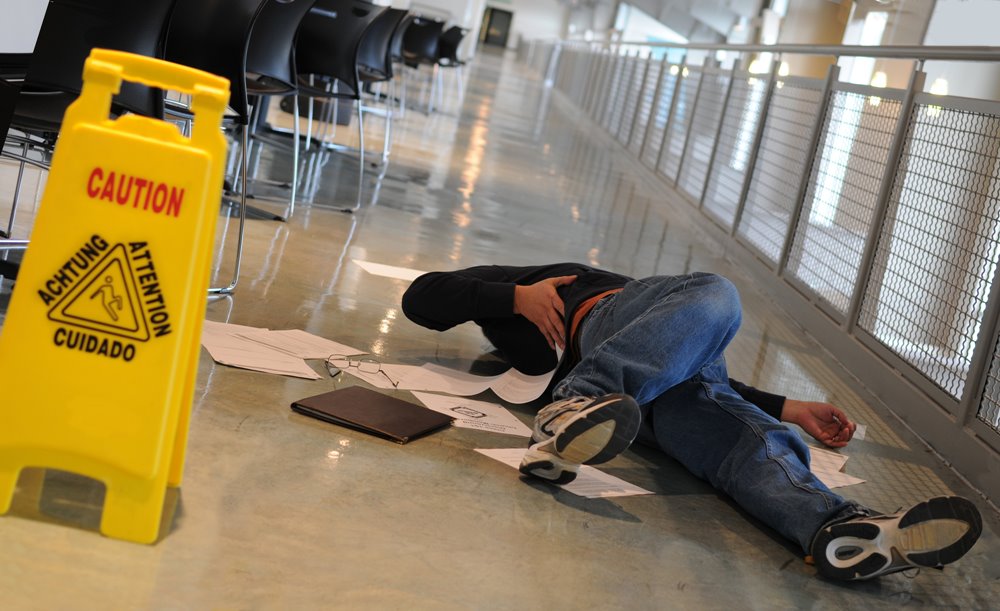How to Prove Negligence in a Slip and Fall Case in Delaware

Slip and fall accidents are common across Delaware, from Wilmington grocery stores to icy sidewalks in neighborhoods and poorly maintained apartment complexes. While some falls are unavoidable, many occur because a property owner failed to uphold their legal duty of care. If you were injured in a slip and fall, proving negligence is key to recovering compensation.
This article is a step-by-step guide that explains how negligence is established in these cases, what evidence matters most, and the challenges victims often face.
Step 1: Understanding Property Owner Responsibility
In Delaware, property owners and managers have a legal obligation to maintain safe premises for visitors. This responsibility is part of premises liability law. For example, a grocery store must clean up spilled liquids promptly, an apartment complex must fix broken stair railings, and a city must address dangerous sidewalk conditions within a reasonable time.
To prove negligence, you must show that the property owner caused the hazard, knew about the hazard but failed to act, or should have known about the hazard if they had used reasonable care. For instance, a store employee who leaves boxes in an aisle creates a direct hazard. A landlord who ignores repeated complaints about a broken step demonstrates knowledge but inaction. A business that fails to inspect its floors regularly may be held liable for hazards it should have discovered.
Step 2: Gathering Strong Evidence
Evidence is the foundation of a successful slip and fall lawsuit. The more documentation you collect, the stronger your claim will be. Photographs and videos taken immediately after the fall can capture unsafe conditions, such as a wet grocery store floor without warning signs or a cracked sidewalk outside an apartment building. If the fall happened in a store or public place, request an incident report as soon as possible.
Medical records also play a crucial role because they establish the extent of your injuries and connect them directly to the accident. Witnesses, such as other shoppers, neighbors, or passersby, can confirm the dangerous condition or the absence of warnings. In some cases, surveillance footage from a store or apartment complex may capture the incident or the hazard itself. Because evidence can disappear quickly, it is critical to act fast after an accident and preserve as much documentation as possible.
Step 3: Overcoming Common Challenges
Slip and fall cases are rarely straightforward, and victims often face legal and practical obstacles. Delaware applies a comparative negligence rule, meaning that if you are found partially at fault—such as walking while distracted by your phone—your compensation can be reduced in proportion to your share of fault.
Another major hurdle is proving that the property owner knew or should have known about the hazard. Defense attorneys often argue that a hazard appeared only moments before the fall, leaving no time to address it. Insurance companies also work hard to minimize claims or place blame on the injured person. Strong evidence and experienced legal representation are essential to counter these challenges and ensure your rights are protected.
Call Edelstein Martin & Nelson After a Slip-and-Fall Accident
If you were injured on someone’s property in Delaware, whether in a grocery store, on a sidewalk, or in an apartment complex, proving negligence is the key to recovering fair compensation. Call our diligent legal team at Edelstein Martin & Nelson today at (302) 295-5050 to schedule a consultation with our Delaware personal injury lawyers.
Our Delaware legal team has extensive experience handling personal injury claims and can help you understand your options and fight for the compensation you deserve

